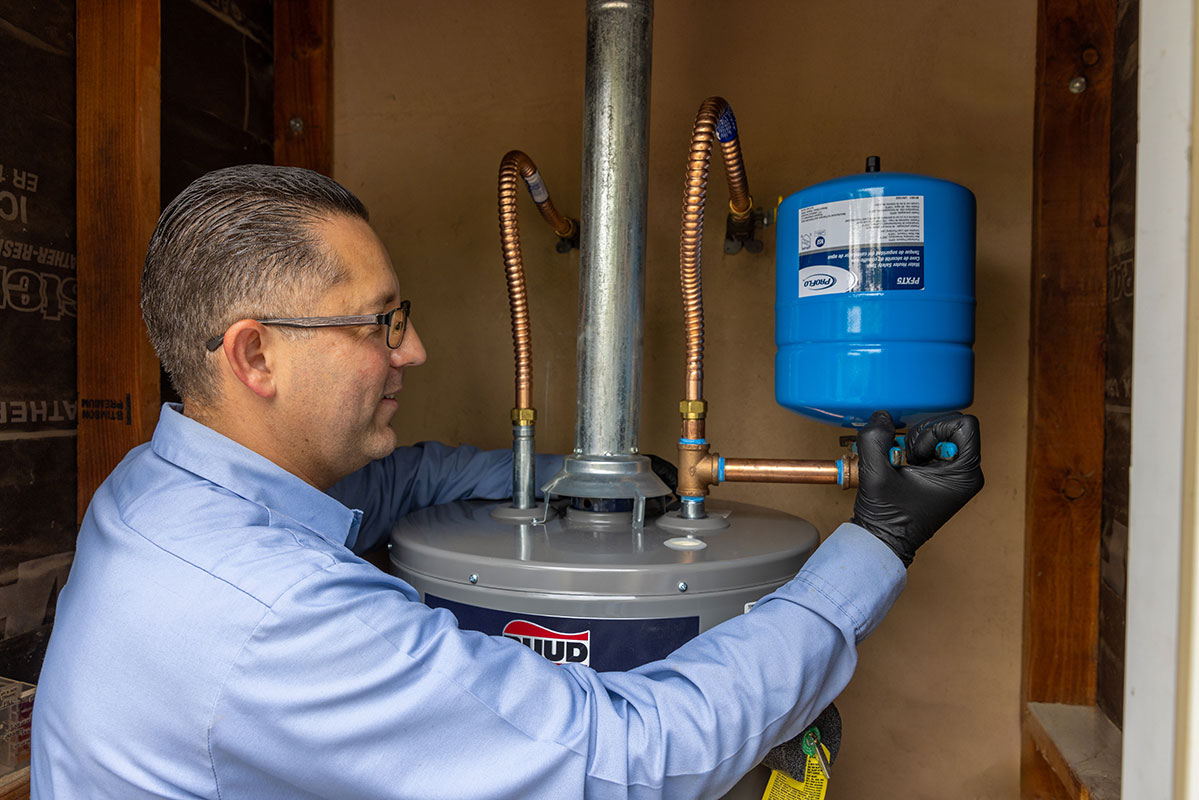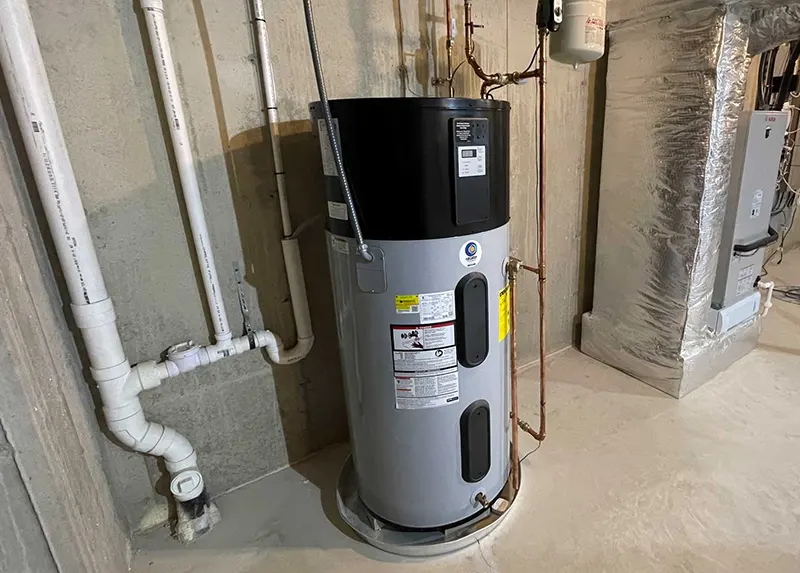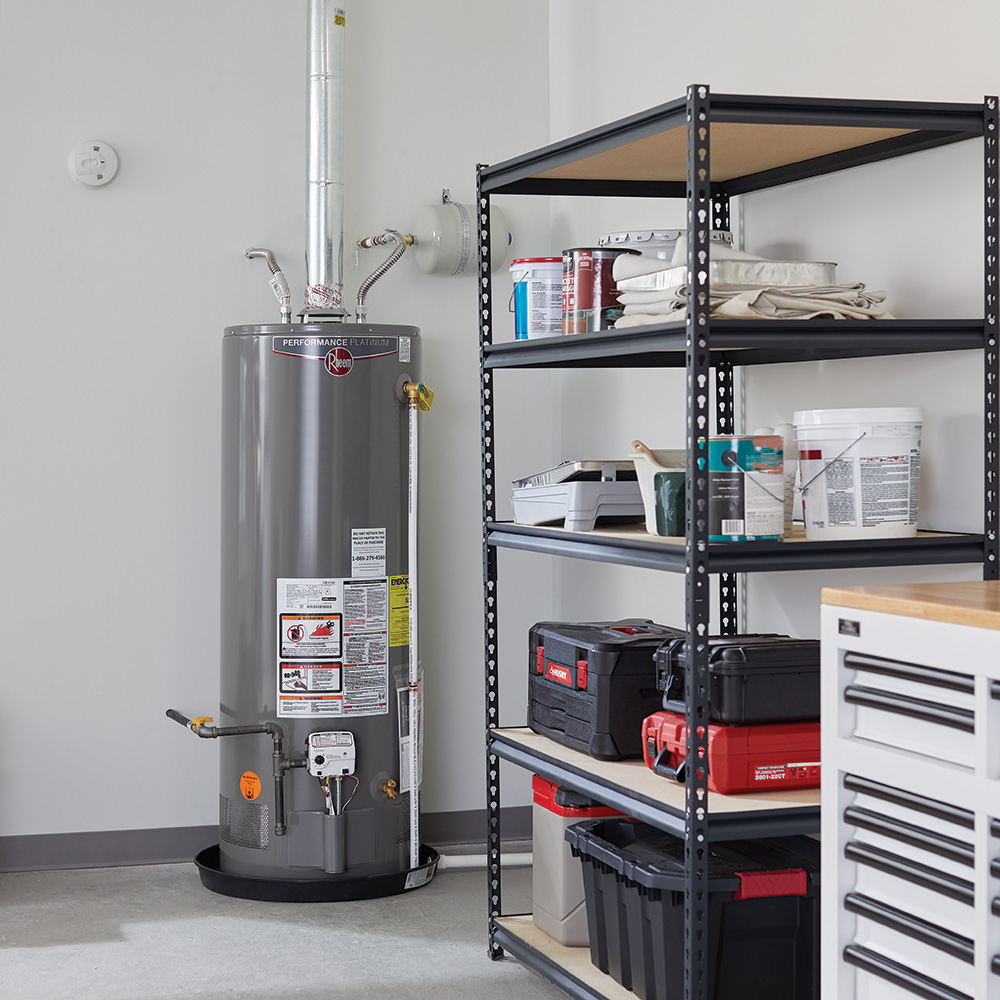Certified Gas Leak Repair for Your Peace of Mind and Assurance
Full Guide to Water Heating UnitSetup and Replacement
Comprehending the details of water heating unit setup and substitute is important for home owners seeking to make certain efficiency and reliability in their warm water supply. From selecting the appropriate type and dimension to implementing a seamless installation procedure, numerous aspects have to be considered to prevent usual risks.
Kinds Of Hot Water Heater
When thinking about water heating unit setup and replacement, it is necessary to comprehend the numerous kinds of hot water heater offered out there. One of the most usual types consist of container water heating systems, tankless water heaters, heat pump hot water heater, and solar hot water heater.
Tank hot water heater are conventional systems that keep a particular quantity of warm water, making them readily available when needed. They are typically less costly upfront however might incur higher power costs with time due to warmth loss. In contrast, tankless hot water heater supply hot water on need, eliminating the need for storage. They are power effective and can save room, but their preliminary prices are normally greater.
Heat pump water heating units make use of electricity to transfer warm from the air or ground to warmth water, offering significant energy cost savings yet calling for even more space and particular setup problems. Solar water heaters harness solar energy to heat water, offering an eco-friendly option with prospective long-lasting price savings, although they commonly call for a back-up system for gloomy days.
Recognizing these alternatives makes certain educated decisions pertaining to installment and replacement, satisfying specific demands and preferences.
Choosing the Right Size
Picking the ideal size for a hot water heater is critical to make sure ideal performance and performance. An unit that is also little will battle to satisfy household needs, resulting in irregular warm water availability and raised energy intake. On the other hand, an oversized hot water heater can result in unneeded energy waste and greater energy expenses.
To establish the ideal size, consider the house's top warm water usage. This can be computed based on the variety of occupants and their regular warm water demands. A household of 4 may need a water heating unit with a capability of 50 to 80 gallons, depending on the usage patterns, such as synchronised showers and washing.
Furthermore, assess the healing rate, which determines exactly how rapidly a heater can restore warm water after it has actually been utilized. For tankless models, concentrate on the flow rate, gauged in gallons per minute (GPM), to guarantee it meets the family's synchronised need.

Setup Refine Introduction

Following, the old system has to be detached and removed, making sure to follow neighborhood codes and policies regarding disposal. When the old unit is out, the brand-new hot water heater can be placed in place. This step entails attaching the water supply lines, making sure that all fittings are leak-free and safe.
After establishing water links, it's important to connect the power supply, whether electric or gas, adhering to the producer's guidelines meticulously. When all links are made, the system needs to be full of water, and the power can be turned back on. Lastly, it is essential to look for leakages and ensure the water heater is operating appropriately before completing the installment process.
Common Installation Errors

Another constant error is neglecting to adhere to regional codes and regulations. Falling short to comply with these standards can not just lead to security hazards but may additionally lead to pricey fines or the demand for costly reinstallation. In addition, improper airing vent is an essential problem. Inadequate ventilation can trigger hazardous gas accumulation, posing severe important link health threats.
Falling short to protect connections or making use of the incorrect type of installations can lead to leakages and water damage. By staying clear of these typical installation blunders, home owners can guarantee their water heater runs safely and efficiently, maximizing efficiency and durability.
Upkeep Tips for Durability
Proper upkeep of a hot water heater is vital for its longevity and optimum efficiency. Regular examinations and servicing can prevent pricey repair services and prolong the home appliance's lifespan. Begin by examining the temperature setup; it should commonly be set in between 120 ° F and 140 ° F for optimal power efficiency and security.
Every six months, purge the tank to get rid of debris buildup, which can harm heating effectiveness and create corrosion. To do this, shut off the heating system, connect a pipe to the drainpipe valve, and allow the water run till it is clear.
When they are corroded,Anode rods ought to be checked each year and replaced. These rods assist protect against tank corrosion by drawing in destructive components in the water.
In addition, check the pressure relief try here valve routinely to ensure it is working appropriately. This shutoff is vital for stopping too much stress build-up within the tank.
Finally, take into consideration scheduling a specialist upkeep check every few years for thorough evaluations and maintenance. By adhering to these upkeep tips, house owners can significantly boost the efficiency, security, and lifespan of their hot water heater, ensuring trusted warm water for years to come.
Final Thought
In verdict, correct installation and upkeep of water heaters are critical for ensuring efficiency and durability. By understanding these necessary facets, home owners can achieve a trusted hot water supply while decreasing potential problems connected to water heating unit procedure.
Understanding the complexities of water heating system installation and substitute is crucial for property owners looking for to ensure effectiveness and reliability in their hot water supply.Container water heaters are typical systems that keep a details volume of hot water, making them conveniently available when needed. In comparison, tankless water heating units provide hot water on need, eliminating the requirement for storage. Selecting a water heating unit that is either also tiny or as well big can lead to inadequacies, resulting in inadequate hot water supply or extreme power intake.
By understanding these important elements, house owners can attain a reliable hot water supply while minimizing prospective problems connected to water heating system my sources procedure. drain cleaning.